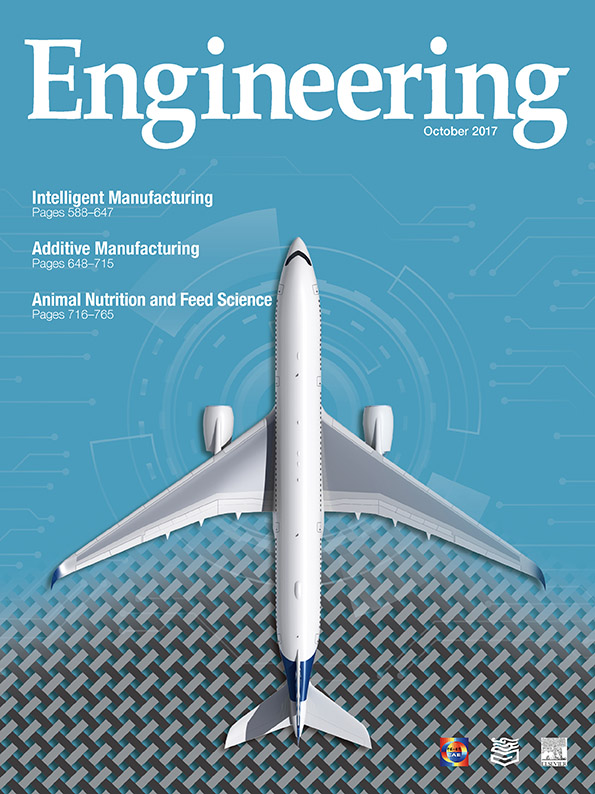As a former US Navy admiral and congressman, I have grown convinced of the importance of education and of how it can, not only address, but fix many of the issues affecting our communities, making it a primary line of defense. I also believe that the greatest power of the United States is the power to convene—to bring nations together in the pursuit of a common goal, showing that what we have in common is far greater than what sets us apart.
For three days, from 16 July to 18 July 2017, FIRST (For Inspiration and Recognition of Science and Technology) Global hosted 163 high school robotics teams from 157 countries in Washington, DC for the first ever FIRST Global Challenge†: an Olympics-style robotics competition aimed at inspiring the youth of the world to pursue careers in science, technology, engineering, and mathematics (STEM). The event was marked by the enormous energy and enthusiasm brought by the contestants and their mentors (Fig. 1). It concluded with Dan Mote, the president of the US National Academy of Engineering, recognizing the winning teams and co-hosting a reception for all members of the STEM community who attended the event.
† http://first.global/about/about-first-global/
At this inaugural FIRST Global Challenge, teams from all over the world competed in a challenge designed to find solutions to one of the world’s most pressing issues: water security. The game description was as follows‡:
‡ http://first.global/h2o-flow/
Two villages exist on either side of a contaminated river. The villagers compete to create and store purified water in their respective reserves. In a laboratory up stream, the villagers come together to research the contaminants and ultimately create a purification system so contaminants are removed before they reach the villages, thus providing clean water for all. In the end, each village prepares for the coming flood by searching for higher ground.
An accompanying video† showed how robots act to place orange and blue balls, symbolizing contaminants and clean water.
《Fig. 1》

Fig. 1. Contestants at the FIRST Global Challenge.
With contestants coming from across Asia (e.g., Nepal, Cambodia, and Japan), from the thriving economies of Latin America (e.g., Mexico, Peru, and Argentina), from countries in Africa and the Middle East, including those affected by war and those at peace (e.g., Iraq, Mali and Yemen, and even a team of Syrian refugees), and from the consistently strong nations of Europe (e.g., France, the UK, and Italy), the 2017 FIRST Global Challenge celebrated not only innovation, creativity, and development, but also cultural diversity and international unity.
During the 2017 FIRST Global Challenge Opening Ceremony, which was modeled after the Olympics Parade of Nations, all 163 participating teams entered the arena at DAR Constitution Hall in alphabetical order, led by the all-female team from Afghanistan that had been granted entry to the United States days before the competition. The parade concluded with teams lining up to form a shape resembling a globe, to illustrate that enhanced relations among nations are not only possible but absolutely necessary.
As an organization that was founded by the accomplished inventor Dean Kamen, FIRST aims to help ignite a passion in STEM education and to provide equal opportunities so that every child has the opportunity to obtain the necessary STEM skills to overcome the greatest challenges facing our world today.
The 2017 games concluded with the Awards Ceremony, during which teams were awarded gold, silver, and bronze medals in 10 categories—both qualitative and quantitative in nature—thereby highlighting the qualities that FIRST Global aims to inspire in the STEM leaders of tomorrow.
Drawn from the 14 Grand Challenges of Engineering‡ that were identified in 2008 by an expert committee assembled by the US National Academy of Engineering, we chose water security as this year’s FIRST Global Challenge theme due to its worldwide impact— whether caused by severe droughts in Sub-Saharan Africa or by inefficient plumbing in Europe—and to the need to raise awareness about the dangers of neglecting to address this global issue.













 京公网安备 11010502051620号
京公网安备 11010502051620号




